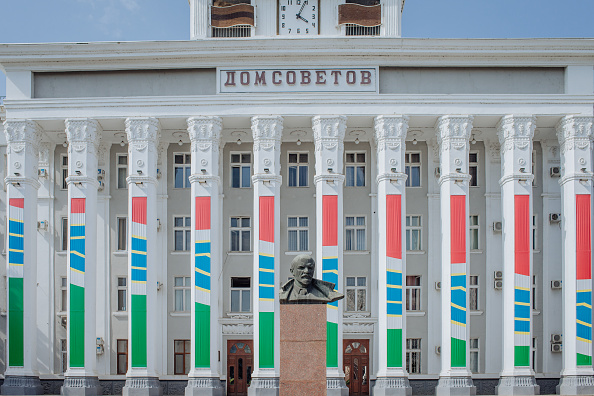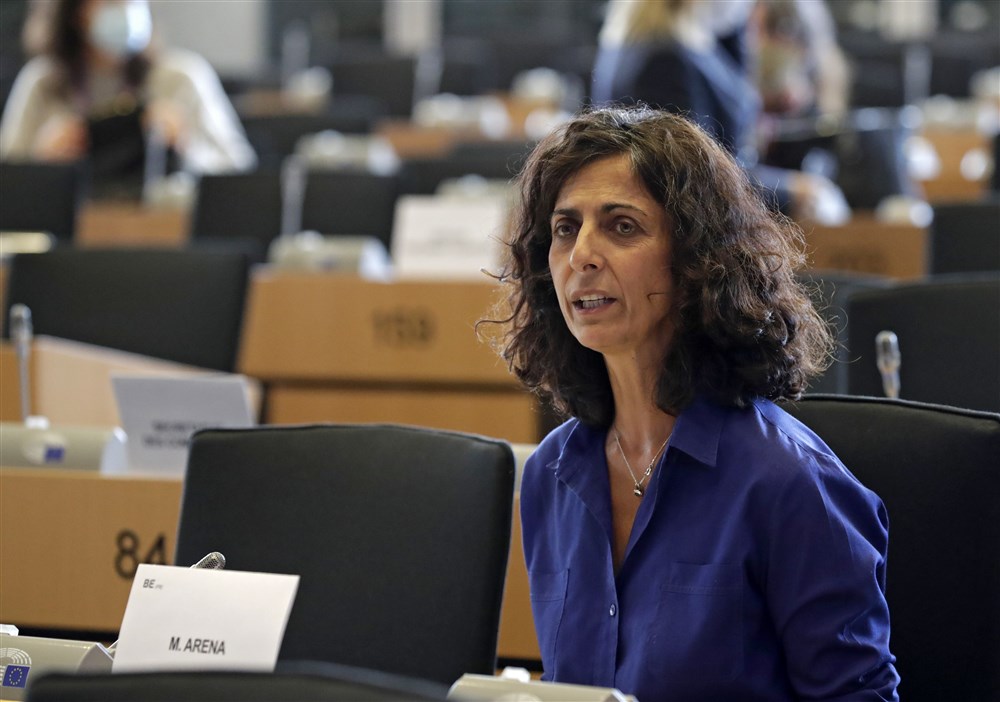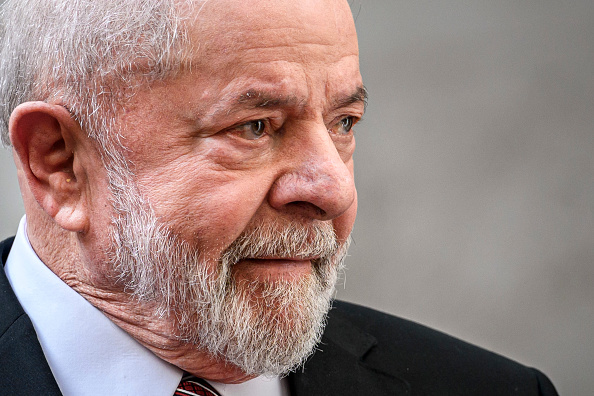Since Russia’s full-scale invasion of Ukraine in February 2022 hundreds of thousands of lives have been lost, millions of people have been displaced, Western economies have suffered and international relations have been disrupted and restructured. Cui bono?
From the very beginning of the war the West has stood staunchly against Russia, imposing sanctions that were meant to force Putin to withdraw his troops. Not only has this not worked, but it seems to have negatively affected Europe’s economy more than the Russian coffers.
According to the IMF, consumer spending in Russia rose in 2023 by 6 per cent and inflation has now fallen from 11.5 per cent to 6.5 per cent. While particular sectors, like the automotive industry, have taken a serious blow, overall industrial output remains the same as two years ago. As for revenue from oil and gas exports, it actually appears to have risen.
Russia has been diversifying its energy export markets. China and India, which has increased its oil imports from Russia more than tenfold, have saved the day for Moscow. A “shadow fleet” of Russian-controlled tankers manages to bypass the price cap and supply refineries in Asia. Even Saudi Arabia buys cheap Russian oil to feed its power plants, selling its higher-priced own crude to the rest of the world.
IMF experts expected Russia’s GDP to contract by 8.5 per cent in 2022 and a further 2.3 per cent in 2023. Instead, in 2022 the Russian economy shrunk by a mere 2 per cent, while last year it grew by 3 per cent. At the same time, European and Euro Area GDP grew by 0.5 per cent – 2.9 points down from 2022, when European GDP was 3.4 per cent up.
European economic powerhouses have been particularly affected. Germany’s economy – the world’s fourth largest, which accounts for about a quarter of the EU’s total GDP – contracted by 0.3 per cent by the end of 2023, narrowly missing a recession. UK GDP growth fell from 4.3 per cent to 0.1 per cent.
On the other hand, Asian powers have benefited. The world’s fastest growing economy in 2023 was no other than India, with China coming third. Turkey’s ambivalent stance on the Russo-Ukrainian war has also reaped rewards for its economy, with exports of essential goods to Russia – amongst which microchips crucial to the war effort – surging.
As for the elephant in the room, the United States looks not only economically unaffected by the conflict, but contrary to Europe it keeps growing. The US fossil fuel self-sufficient economy increased its GDP by 1.9 per cent in 2022 and 2.5 per cent in 2023.
The heaviest toll has been taken by Ukraine itself. During the last two years, it has lost 30 per cent to 35 per cent of its GDP. Despite the hundreds of millions in financial aid from the West, poverty rate has reached a staggering 24 per cent. The cost of rebuilding the Ukrainian economy is now estimated at more than half a trillion dollars.
The situation on the ground does not look good either. After last year’s failed Ukrainian counter-attacks, and as Russian troops now prepare for a spring offensive, it becomes increasingly clear that it may not be militarily possible to oust Putin’s army from the eastern Russian-speaking provinces of Ukraine.
In fact, even French President Emmanuel Macron acknowledged Ukraine’s inability to win the war when he recently said that it might prove necessary to deploy Western troops on the frontline – before being swiftly rebuffed by EU and NATO leaders.
Meanwhile, a further 50 billion Euros of aid to Ukraine have just been approved by the EU Council. But numbers do not lie. Everyone somewhat benefits from this war, apart from the EU and Ukraine. So is shovelling cash into a futile cause at the cost of prosperity and social cohesion a wise long-term strategy?
Maybe a refresher on valuable lessons from its own history would be useful for Europe. A brush-up, for instance, of Otto von Bismarck’s notion of “realpolitik” could possibly prove beneficial. Not all struggles are worth pursuing at all costs to the bitter end.





Europe’s capital needs media to challenge the status quo: That’s why Brussels Signal is launching